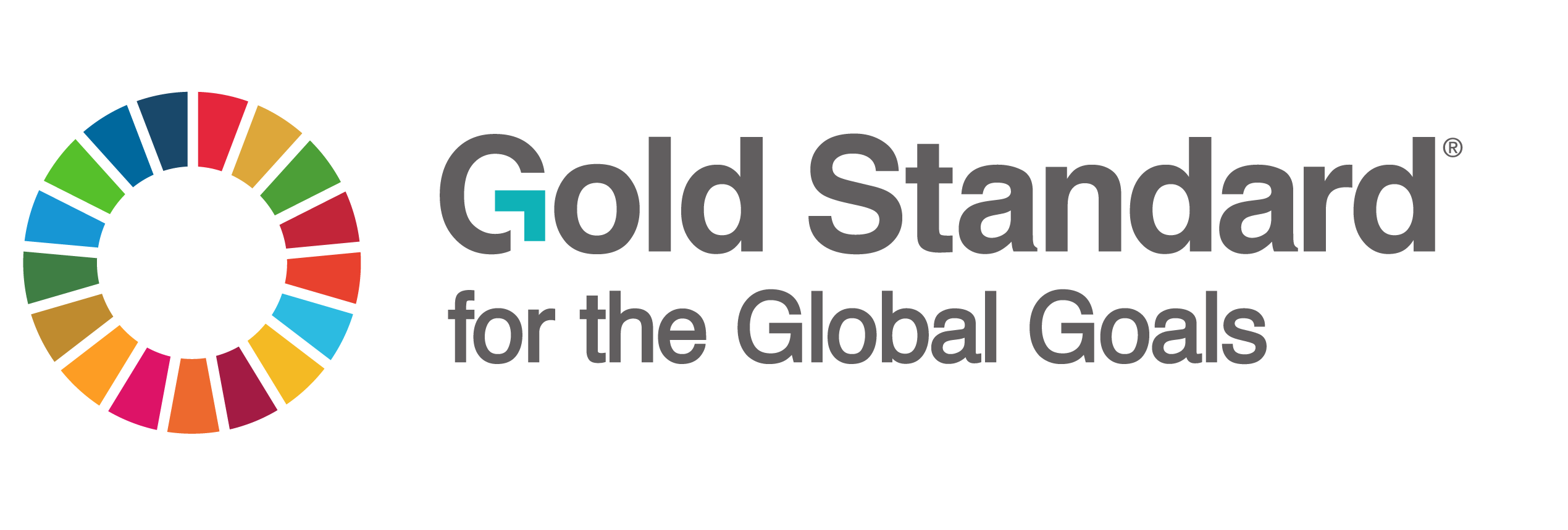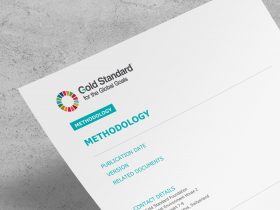The need to undertake climate action is growing ever more urgent, with temperatures already registering 1.30C, a 50% reduction in emissions globally is required by 2030, including a cut of methane emissions by a third. The next few years are therefore critical, and we need near-term milestones and actions to help us get on track for long-term targets.
To support this shift and urgent need, we have made some important revisions to our standard development priorities. This document provides details of these changes as well as our plans to continue maximizing market opportunities, mitigating risk, ensuring integrity, and delivering a clearer, more streamlined, and simpler application of our standard.
Summary of key updates includes:
1 – MARKET DRIVEN STANDARD DEVELOPMENT
Alignment with key emerging market policies, schemes, and requirements to maximise market opportunities for projects as well as mitigate the risk of inadvertently undermining government efforts.
- Alignment with Paris Agreement
- CORSIA eligibility for first phase (2024-2026 compliance period)
- Priorities improving standard application and stakeholder outreach
- Continued engagement with rating agencies
2 – GOLD STANDARD FOR THE GLOBAL GOALS – REVIEW + UPDATES
To conform with ISEAL Alliance’s code of best practice for “Setting Social and Environmental Standards” and to support project development with clearer and more streamlined standard documents, tools, and templates.
- Explore opportunities to improve timelines for certification process.
- Enhanced governance to support a quicker approval and decision-making process.
- Dedicated support for VVBs
- Digitization of tools and MRV approaches
3 – METHODOLOGY AND MITIGATION OPTIONS
Gold Standard has in principle approval for the following new products, scopes, technologies and/or activities to better support the market and the users of our standard.
- Pre-approved technologies, measures and scopes include:
- Changes within end-use energy efficiency and waste management
- Expansion into energy including, hard to abate sectors such as transport, infrastructure, industries; new technologies such as green hydrogen, green ammonia, energy storage, energy management including smart technologies and digitization and demand side mitigation solutions that support improved well-being.
- Expansion into Carbon removal in tech-based solutions such as Direct Air Capture (DAC), CO2 removal + utilization, enhanced weathering and bioenergy with carbon capture and storage (BECCS)
- Expansion into nature-based solutions (NBS) in Forestry, Agriculture and Blue Carbon, such as improved forest management, peatland restoration, mangroves/ coastal wetlands, agroforestry, improved rice management and macroalgae cultivation and carbon sequestration
- Technologies/measures not eligible for Gold Standard certification for example enhance oil recovery, fossil fuel switch.
- Improved methodology development, review and approval procedure with requisite support system to reduce the methodology development timeline.
This document follows the ISEAL Alliance “Setting Social and Environmental Standards” Code of Best Practice. The next Gold Standard work plan will be published in April 2024, although please note that significant updates may be made during the intervening period.




